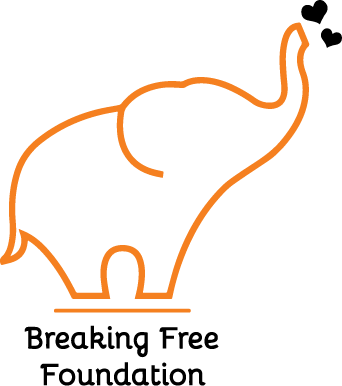Meet-up Recap | September 4
Trauma. We don’t know how we are going to respond until it happens. Whether it’s a traumatic event or chronic trauma that takes place over time, healing needs to happen and that is as individual as we are.
We discussed the idea that trauma has layers. It compounds on top of previous trauma but it can also teach us skills to manage “next time”. Again, individuality at play, which can be daunting when trying to get through it. When something happens to a child, it can cause double trauma - both them and you experience it.
Two people in attendance have experienced the death of spouses, so guilt came up as an after effect. Most in the room had experienced the loss of a significant other through other situations like finding out about an affair, physical abuse, addictions to name a few. The question that arose revolved around what could we could have done differently. “What should I have done more?”, “How could I have prevented this?”, “What was my part in this?”
The statement was made that guilt doesn’t make anything better or change the outcome, so the question became, “How have we each dealt with it?”
“I stuff the emotions and guilt.”
“Get used to it.”
“I got through yesterday so I guess I’ll get through today.”
“Get busy living or get busy dying.” (Taken from watching Shawshank Redemption)
While acknowledging these ways of coping are not helpful or healthy, the common thread in how to move forward once again came back to connection. As Theo often talks about his own healing in terms of his trauma taking place in relationship, the key is to heal in relationship, and the safety provided in a community like ours offers that hope for healing to take place.
Two other thoughts to note:
What aren’t we talking about? So many of us still don’t want to talk about our trauma for varying reasons and it impacts our emotional well-being.
What have others been through? It’s easy to judge those we come across daily, but maybe this question could help us understand people’s rudeness or cold behaviour. One example of this was someone’s dad trying to get to the hospital to be with his wife in an emergency situation. He cut people off, drove super fast and was not thinking about how others on the road were reacting to him. Afterward, he realized that maybe he needed to consider what others are going through and where they are headed, not excusing the behaviour but possibly providing some insight and understanding. In no way is this suggesting that harm being inflicted is okay, just a thought for us to consider as we move through our days.
Three people in the room acknowledge that their connection to BFF is what has kept them alive and moving forward, so there is no question that these peer-to-peer conversations truly make a difference and provide support and ideas for each other in their journeys toward healing and mental wellness.
